A recent written parliamentary exchange has outlined the Ministry of Defence’s efforts to enhance sonar capabilities across the Royal Navy’s fleet.
Andrew Rosindell, Conservative MP for Romford, asked the department “what steps he has taken to improve the sonar capabilities of the Royal Navy surface fleet.” His question sought detail on both technology development and its integration into existing and future platforms.
Responding on behalf of the Ministry of Defence, Minister of State Luke Pollard highlighted ongoing work under the Defence Innovation Anti Submarine Warfare Spearhead Programme. He stated in the written answer that the programme has “focussed on accelerating the Navy’s understanding of advanced capabilities.”
According to the response, areas of progress include “sensor optimisation, machine learning and artificial intelligence, to improve the sonar capabilities within the surface fleet.”
Pollard also referenced targeted investment in the current towed array system. He wrote that work on the “Anti-Submarine Warfare Sonar 2087 system has led to improvements to Type 23 capabilities.” The answer makes clear that the technology gains realised in this programme are intended to transfer to the Type 26 frigate as it enters service, framing the work as part of a wider generational shift in anti submarine warfare systems.
Earlier, the Ministry of Defence confirmed progress on the development of artificial intelligence-driven acoustic detection systems for the Royal Navy’s Atlantic Bastion programme, part of the UK’s effort to secure the North Atlantic against submarine threats.
According to Defence Minister Al Carns, “Atlantic Bastion is a portfolio of programmes to secure the North Atlantic for the UK and in support of NATO against a range of underwater threats.”
He said the initiative will develop capabilities that enhance existing systems while deploying new platforms to reinforce the Royal Navy’s anti-submarine operations.
Carns confirmed that through AUKUS Pillar 2, the UK, Australia, and the United States are “working together on an algorithm to support Maritime Patrol Aircraft processing systems.” This cooperative effort is expected to shape future developments in acoustic detection systems powered by AI, integrating them into the UK’s emerging digital targeting web to enhance coordination between sensors, ships, and aircraft.
The Defence Investment Plan will include capability options under Atlantic Bastion, with particular focus on assets deployable from the Type 26 frigate force. The new anti-submarine warfare frigates will serve as a central pillar of the Bastion framework, combining advanced sonar, uncrewed vehicles, and digital processing tools.
Carns added that the UK’s participation in AUKUS technology programmes, combined with NATO cooperation in the North Atlantic and Baltic regions, will ensure that British forces “remain at the forefront of acoustic detection and underwater surveillance capabilities.”


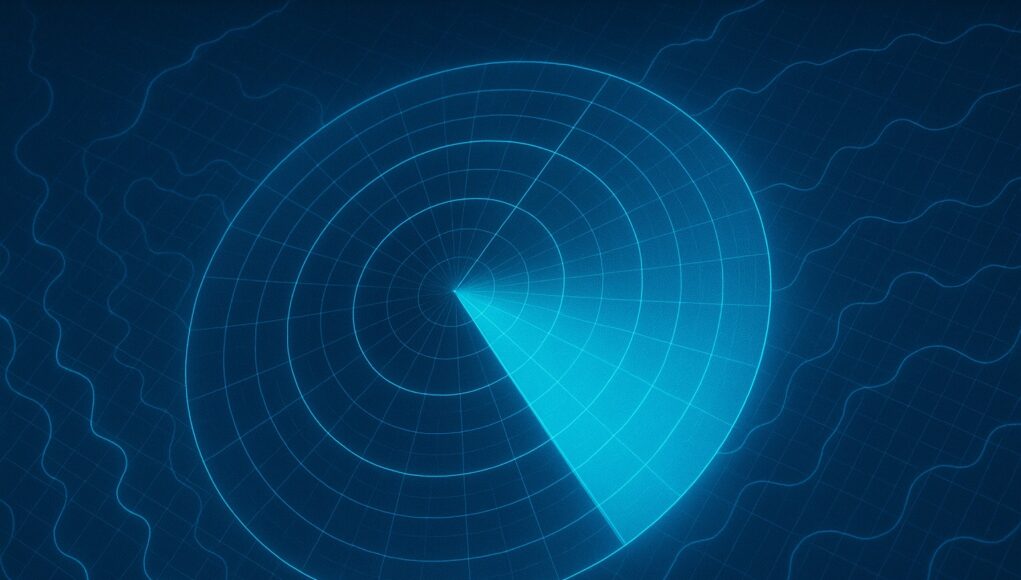

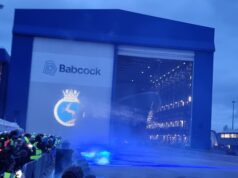
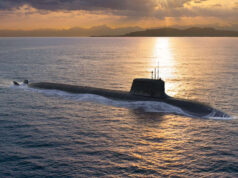
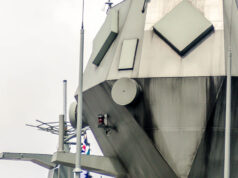


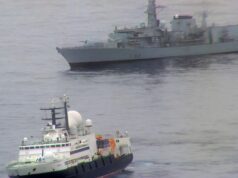
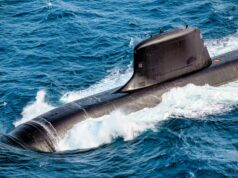
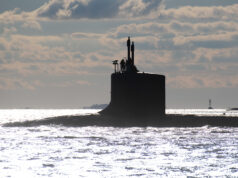
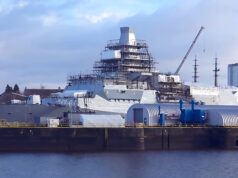

Actually having a sonar on every RN escort should be a start. They’re not a luxury. Either a hull sonar or sonar equipped drones. Relying om Merlins leaves some escorts with none if only Wildcats are embarked.
Hi mate I’d agree surely cheaper to do this for the price of a Ship.
Enhancing sonar capability makes sense. Especially bearing in mind Russia’s habit of trying to interfere with seabed infrastructure.